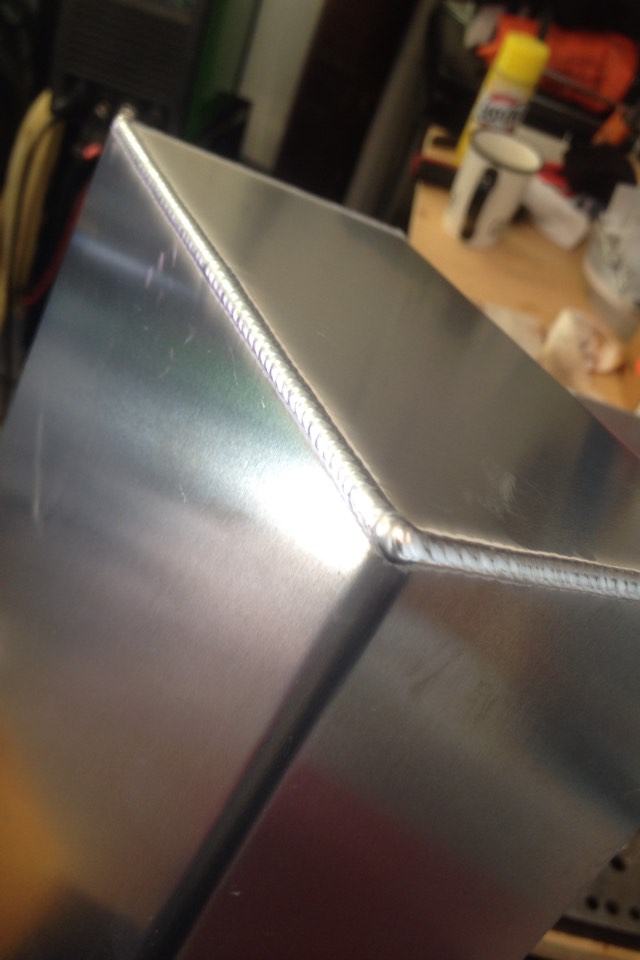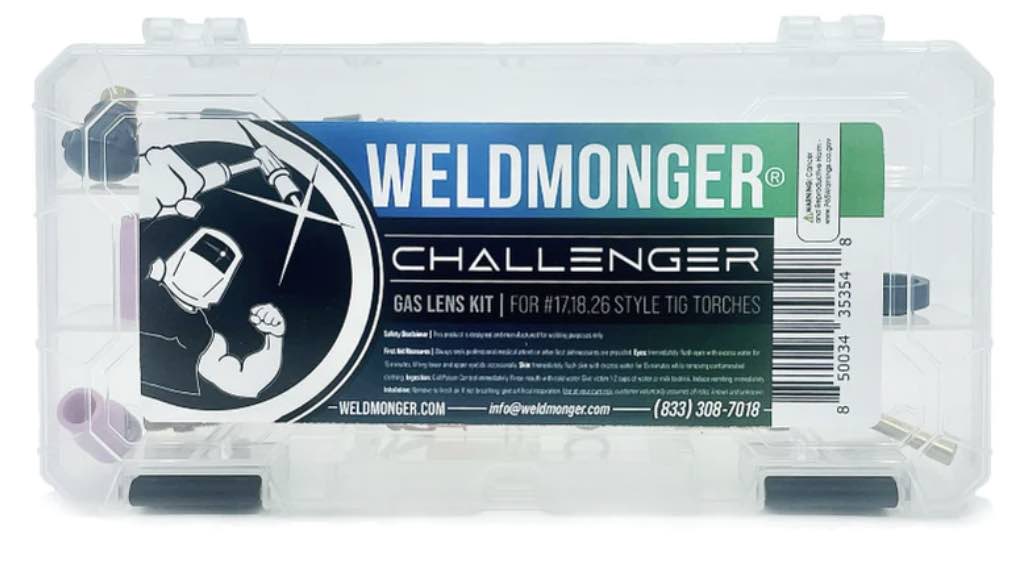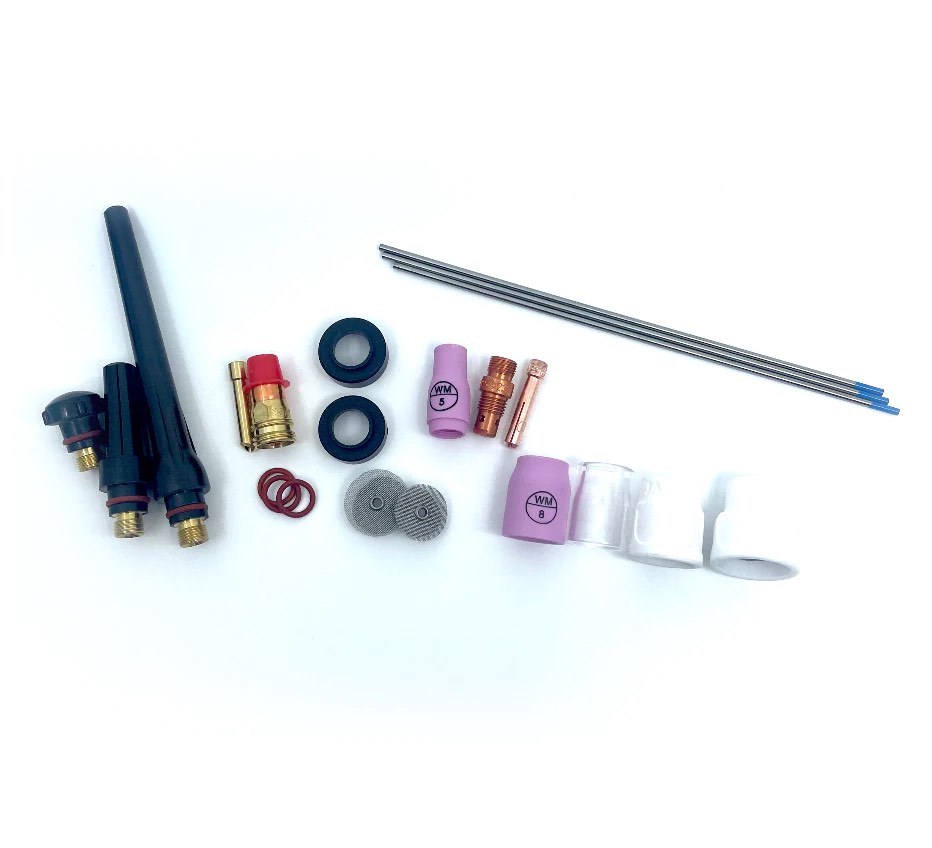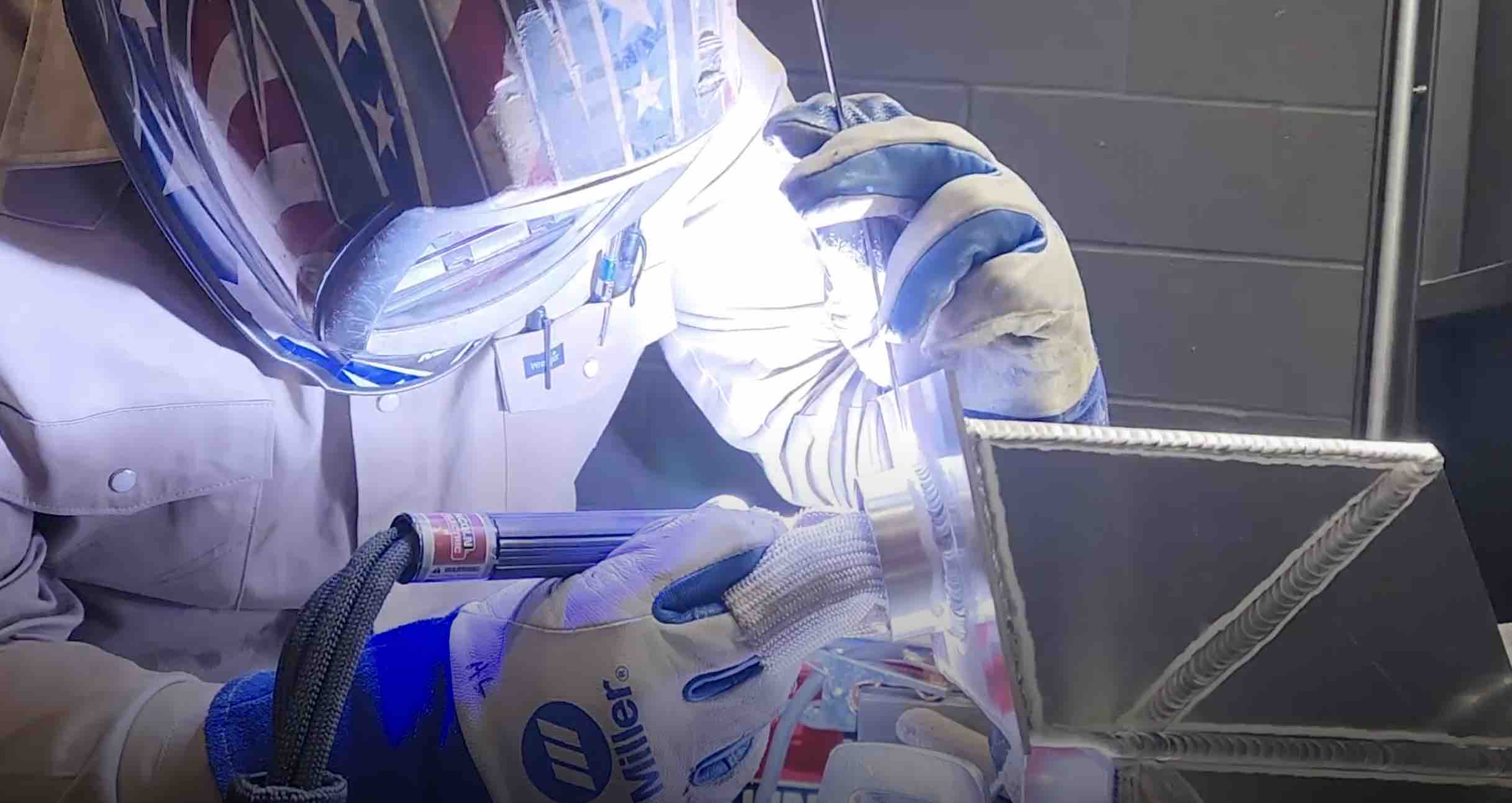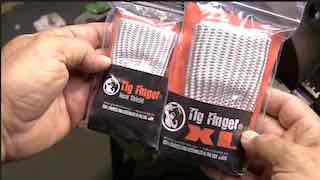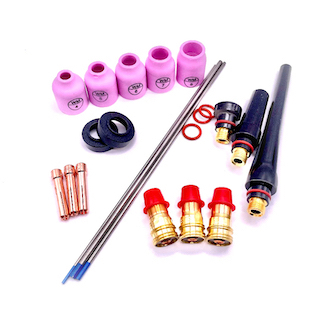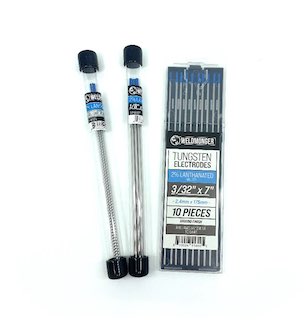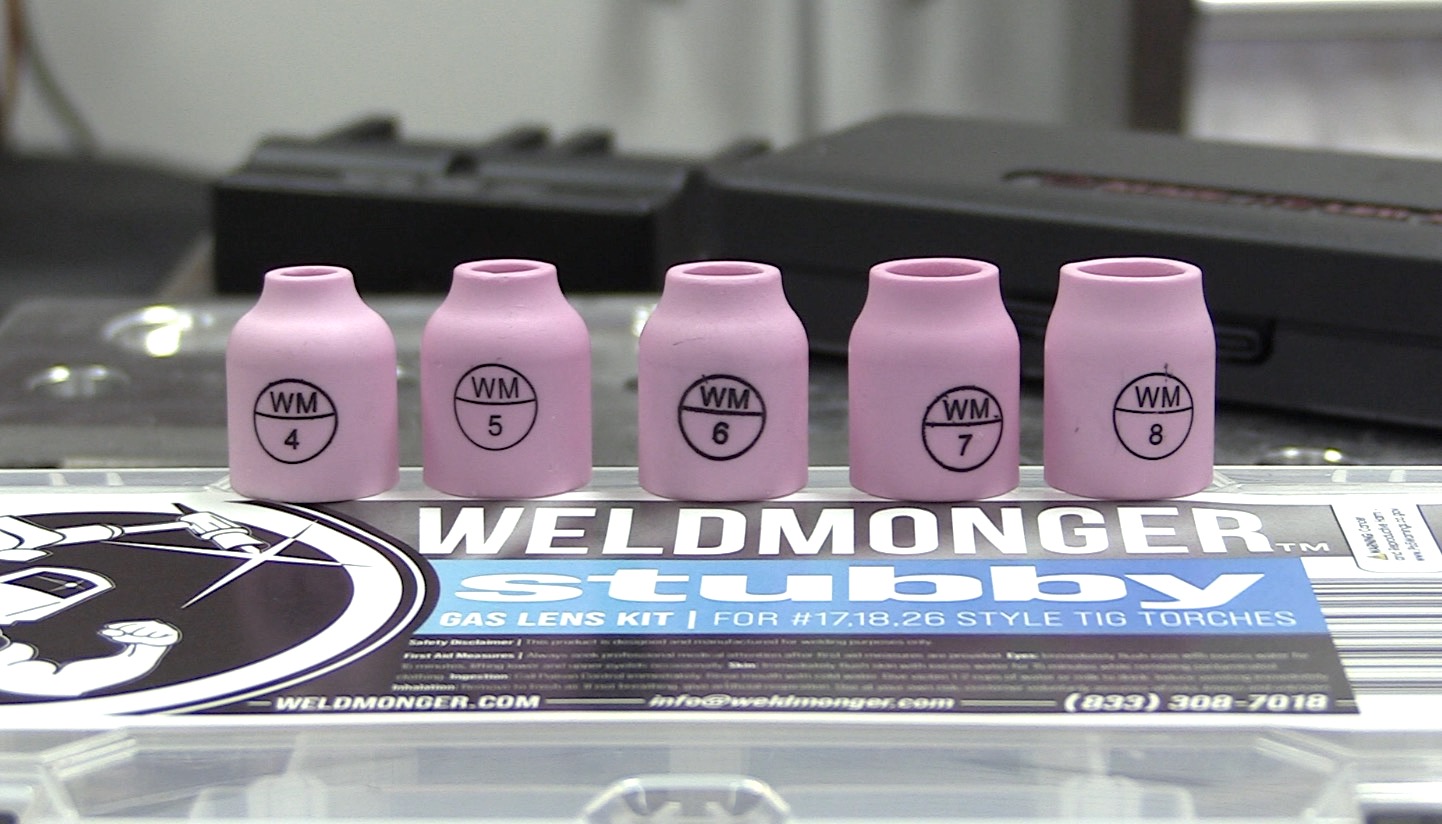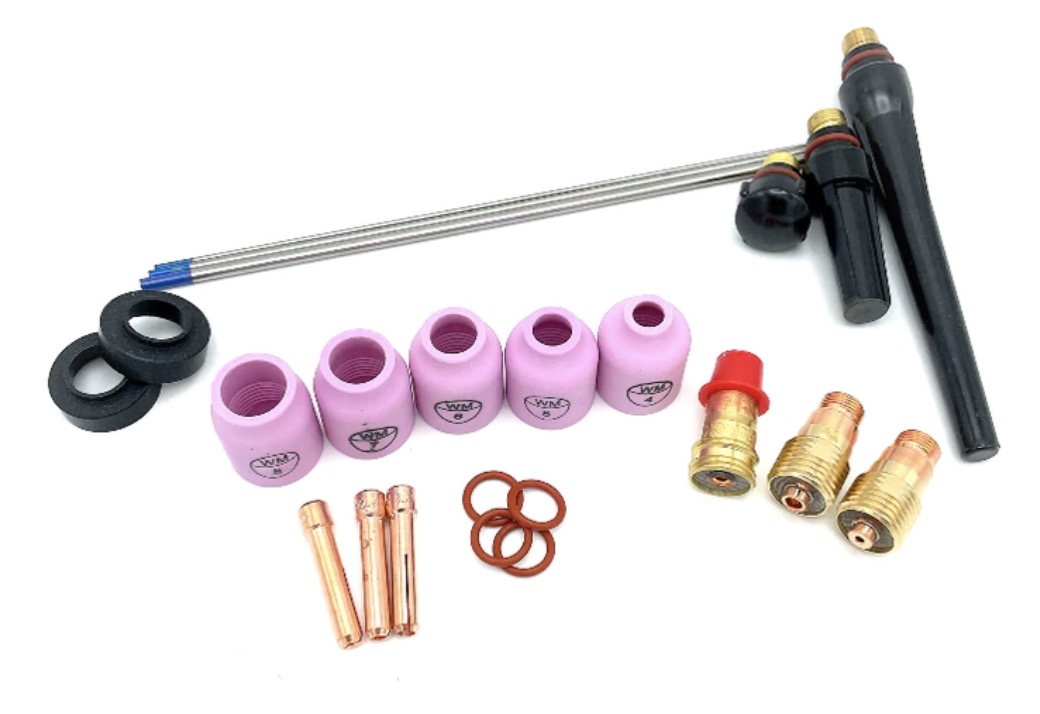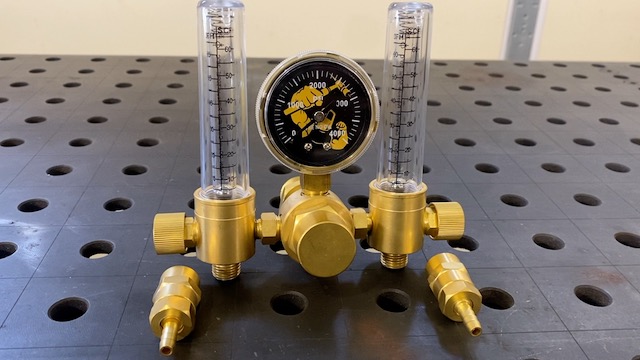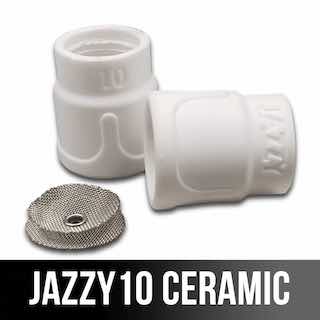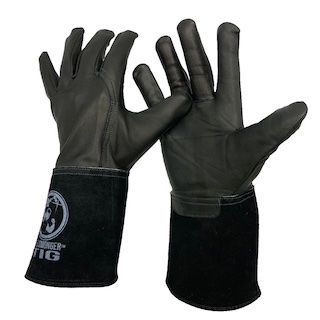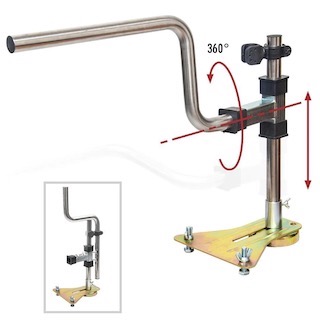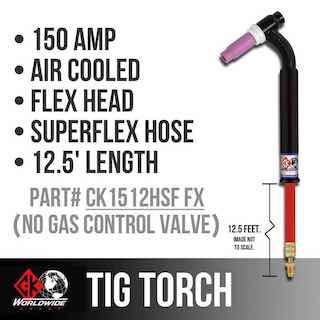TIG Welding Aluminum Tanks
- HOME
- TIG WELDING ALUMINUM
- How to Tig Aluminum
- Tig Welding Aluminum
...Introducing the New WeldMonger Challenger TIG kit that includes the most frequently used Cups.
Whether you are Tig welding aluminum tanks, a fuel cell, an overflow reservoir, or an expansion tank for a supercharger, the outside corner joint is an important part of the project.
Usually, its a combination of press brake bends and outside corner welds that make for a well built tank.
My friend Roy Crumrine was putting together several tanks and asked me if I would like for him to film the project....so I said "Sure!"
see more tig welding aluminum videos or go to the main TIG welding page
TIG welding aluminum...Tips for Tack welding
Tack welding aluminum without filler metal often ends with cracking.
But if you notice those corner tack welds in the video, the sharp corner of the end caps along with the slight radius in the bend, provide a nice way to tack without filler metal...because the corner becomes the filler metal.
When I am building a project, I almost always work alone. And so do most welders I know.
So tack welding with one hand without filler metal is necessary.
Most books advise against it.
But books dont weld.
So its helpful to know how to tack weld aluminum without filler metal.
Most of the time, I do it sparingly. I might get one or 2 tack welds without filler just to hold the part while I get several more tacks using filler rod....even then I will go back and add filler rod to those first tack welds because aluminum tack welds can be very weak.
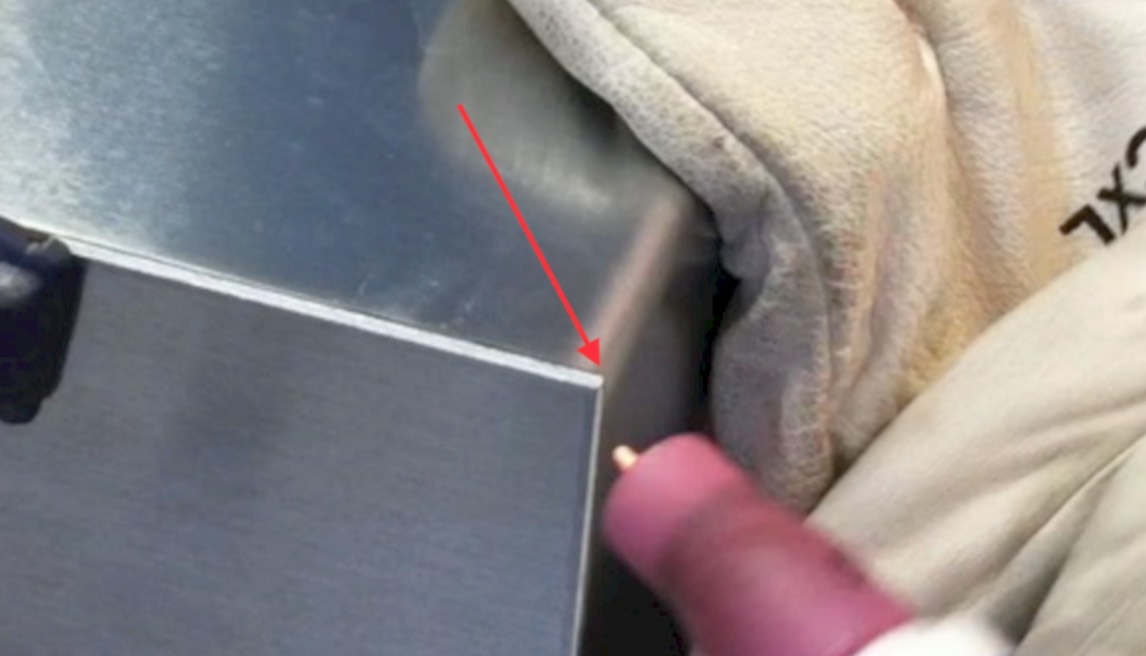
Inverter vs transformer
Roy used an Inverter Tig welder for this project along with a frequency setting of around 120hz.
with older technology transformer TIG welding machines, 60hz is the norm.
While 120 hz does focus the arc more, 60hz works fine too for a job like this.
Now if we were talking .030" thick aluminum, it might be a different story.
But for .125" (3.2mm) thick aluminum, a ball on the tip of the electrode and a wide arc cone actually can help to melt the corners of an outside corner joint.
What about Helium?
Roy likes to add a bit of helium almost every time he welds aluminum 11ga and thicker.
I used a tiny bit of helium mixed with my argon too. I just barely floated the ball on my helium flowmeter so I would imagine its less than 10% helium and the rest Argon...But even that small percentage makes a noticeable difference.
Helium is getting more and more difficult to find and is also getting very expensive, but there are some other alternatives like Stargon-AL gas from praxair or nexair welding supply.
Roy used a TIG inverter, but I used a Lincoln Tig 175 for the arc shots in this video.
...and Even though you can hear the difference in arcs because of different frequency settings, the final welds turned out very similar.
